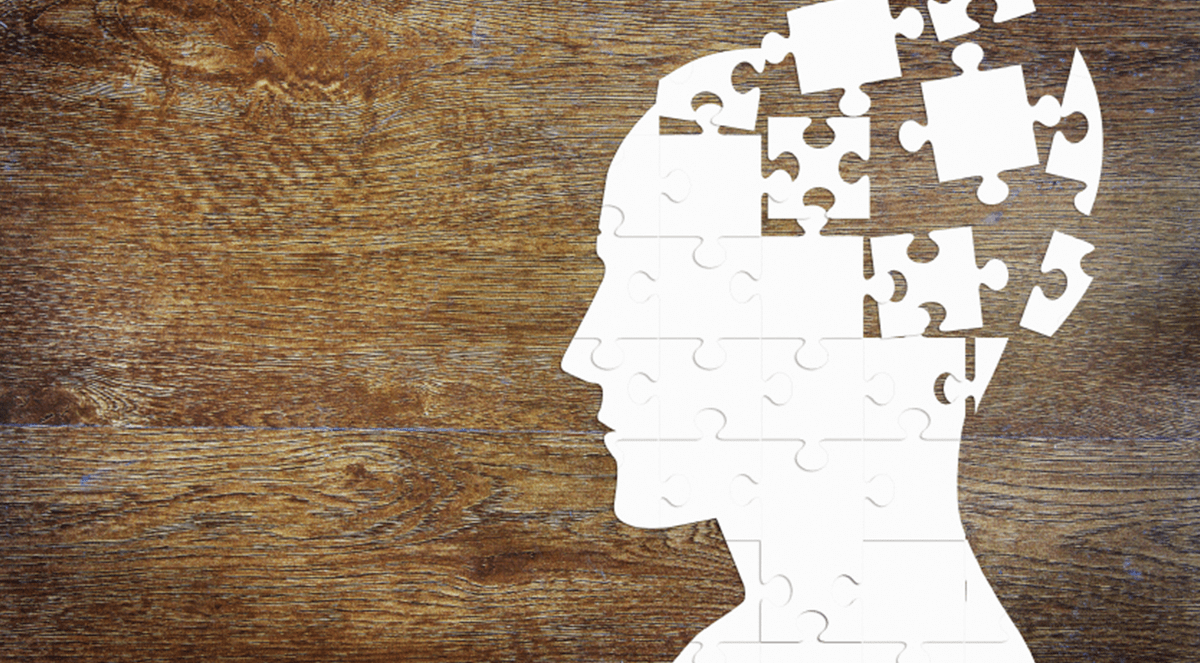Lithium is an effective prophylactic and anti-manic treatment in bipolar disorder; however, its use is declining through perceived poor tolerance and toxicity. Lithium inhibits inositol monophosphatase (IMPase), a probable key therapeutic mechanism. The anti-inflammatory drug, ebselen, also inhibits IMPase and appears well-tolerated and safe.
To assess the efficacy of adjunctive ebselen in mania using the Young Mania Rating Scale (YMRS) (primary outcome) and the Altman Self-Rating Mania (ASRM) Scale and Clinical Global Impression-Severity Scale (CGI-S) among the secondary outcomes.
Randomised, double-blind, placebo-controlled, parallel-group trial conducted between October 2017 and June 2019, at Oxford Health NHS Foundation Trust. Pharmacy-controlled randomisation was computer-generated, with full allocation concealment. In/outpatients (n = 68) aged 18-70, experiencing mania or hypomania, were assigned to 3 weeks ebselen (600 mg bd) (n = 33) or placebo (n = 35). Participants received usual clinical care and psychotropic medication.
Ebselen was numerically, but not statistically, superior to placebo in lowering scores on the YMRS (adjusted mean difference and 95% confidence interval, - 1.71 (- 5.34 to 1.91), p = 0.35) and ASRM (- 1.36 (- 3.75 to 1.17), p = 0.29). However, scores on the CGI-S were significantly lower at week 3 in ebselen-treated participants (adjusted mean difference, - 0.58 (- 1.14 to - 0.03), p = 0.04). A post hoc analysis excluding patients taking concomitant valproate treatment magnified the difference between ebselen and placebo on the YMRS. Adverse events were comparable between groups, and mild.
Ebselen merits further investigation where concomitant psychotropic medication is better controlled and participants taking valproate are excluded. If effective, ebselen’s superior tolerance and safety could make it a useful alternative to lithium.
Trial Registry: www.clinicaltrials.gov , Identifier: NCT03013400.
A phase 2a randomised, double-blind, placebo-controlled, parallel-group, add-on clinical trial of ebselen (SPI-1005) as a novel treatment for mania or hypomania.


